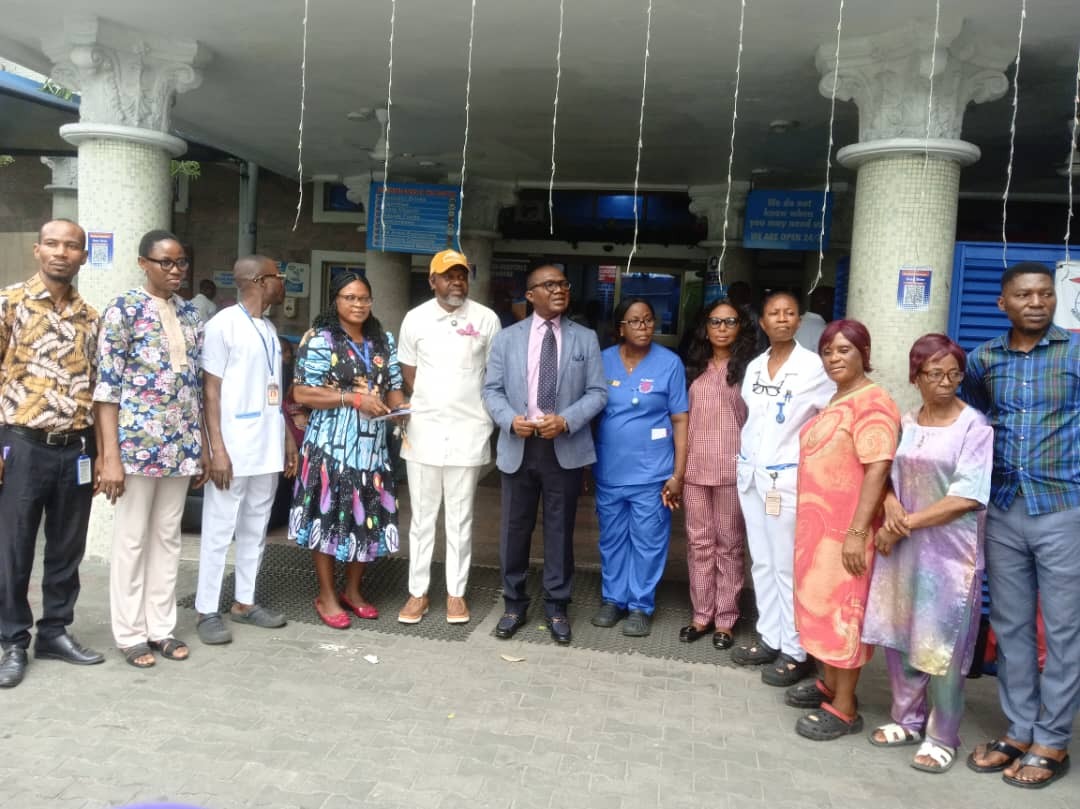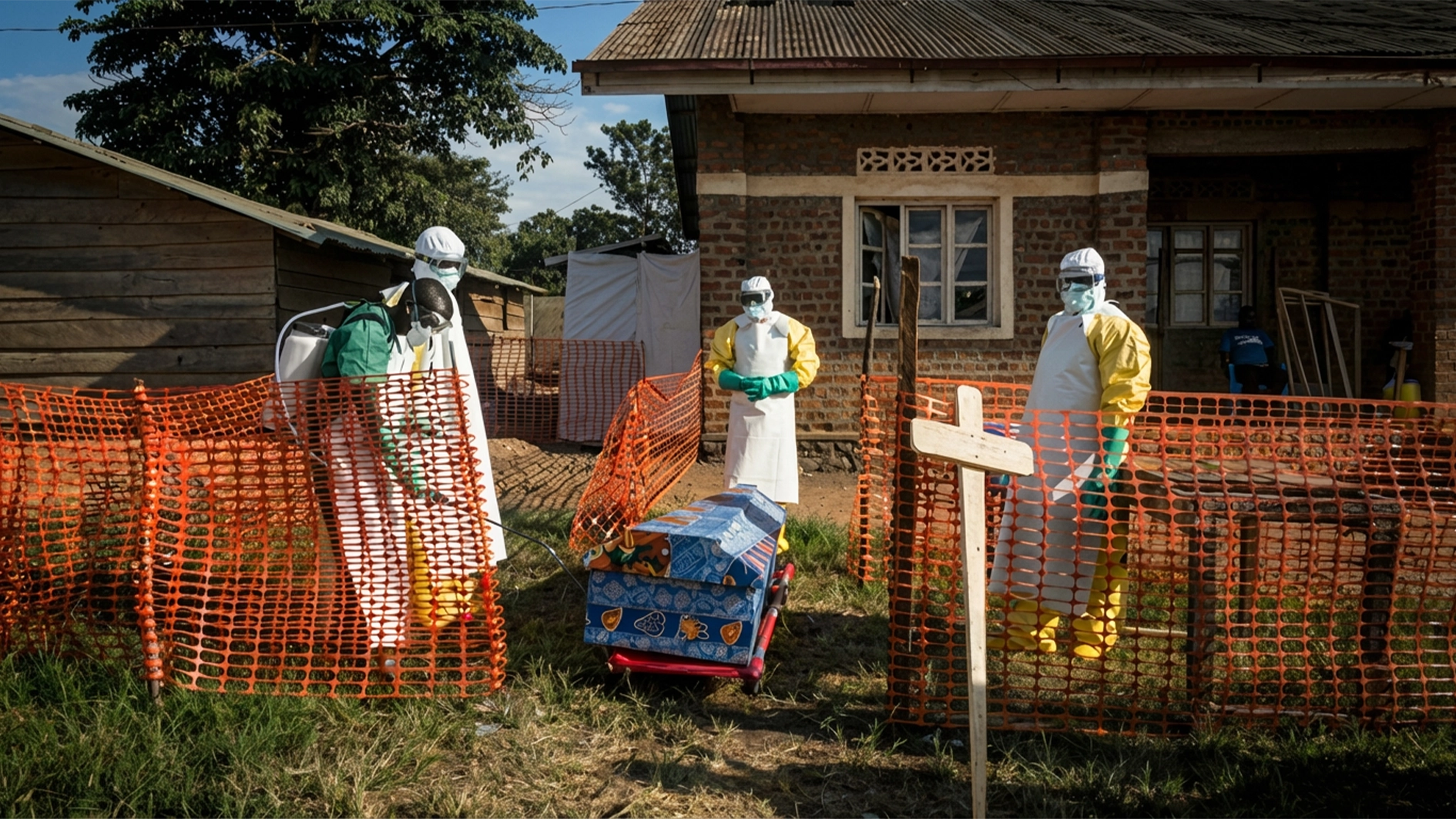Nigeria’s reliance on imported medicines has declined from 70 to 60 per cent, the Director-General of the National Agency for Food and Drug Administration and Control (NAFDAC), Professor Mojisola Adeyeye, announced on Thursday at the 2025 Investiture and Public Lecture of the Nigeria Academy of Pharmacy.
Speaking at the event, which also marked the induction of 14 new Fellows of the Academy, Adeyeye described the reduction as evidence of progress in promoting local pharmaceutical production, though she acknowledged that the country remains short of the 30 per cent import target set in 2021.
“When I joined in 2017, I met an agency with almost nothing. We had to wash our brains, retrain ourselves to know our customers, document our processes, and work with standard operating procedures,” she said. “We became the first country in Africa to achieve and sustain WHO Maturity Level 3 reevaluation successfully. That is nation building.”
Adeyeye noted key initiatives, including the “5plus5” regulatory scheme, which requires companies importing medicines that can be produced locally to either establish domestic manufacturing facilities or partner with existing Nigerian producers within five years. She noted that over 30 per cent of new pharmaceutical companies in Nigeria emerged through this programme.
The NAFDAC boss also pointed to the expansion of the import “ceiling” list, which now includes 36 essential medicines that must be produced locally, up from nine.
She emphasised that deliberate regulatory policies and support systems have improved both the quality and competitiveness of domestic medicines.
“Before now, we had none. Today, we have prequalified medical devices and two WHO-prequalified medicine producers, proof that God did not create us differently. We can do it,” she said.
Adeyeye further described the agency’s track-and-trace system for vaccines, narcotics, and newborn health commodities as a milestone in national health security.
On collaboration with academia, she explained that NAFDAC staff can now pursue postgraduate studies while working full-time through partnerships with universities such as the University of Lagos and the Federal University of Technology, Minna.
“Without academia, we cannot do research and development,” she said.
In his keynote address, Group Managing Director of FBN Holdings, Wale Oyedeji, stressed the importance of innovation and collaboration in developing Nigeria’s pharmaceutical sector.
“Pharmaceutical innovation is many things, it is science, yes, but it is also business, governance, and above all, nation building,” he said, urging investment in research and adoption of new technologies such as artificial intelligence and data analytics.
President and Chairman of the Governing Council, Nigeria Academy of Pharmacy, Lere Baale, reaffirmed the Academy’s commitment to advancing pharmaceutical science, ethics, and service to humanity, and said the sector remains central to national health security and industrial growth.
“The Academy is working to reposition Nigeria as a continental pharmaceutical innovation hub through research, biotechnology, digital health, and partnerships linking academia, government, and industry,” he said.






